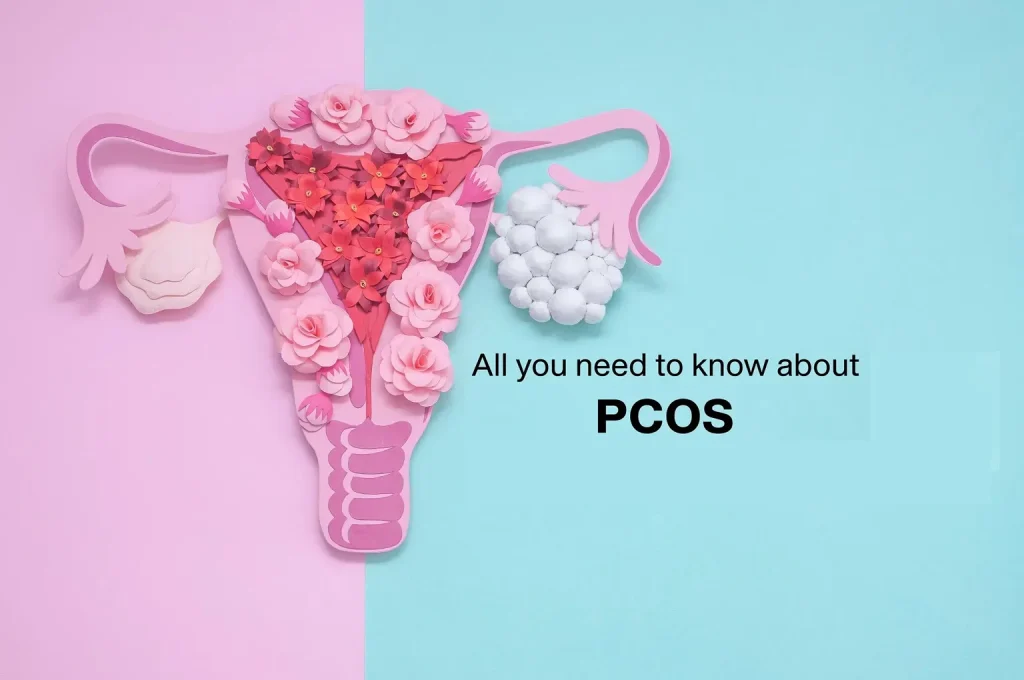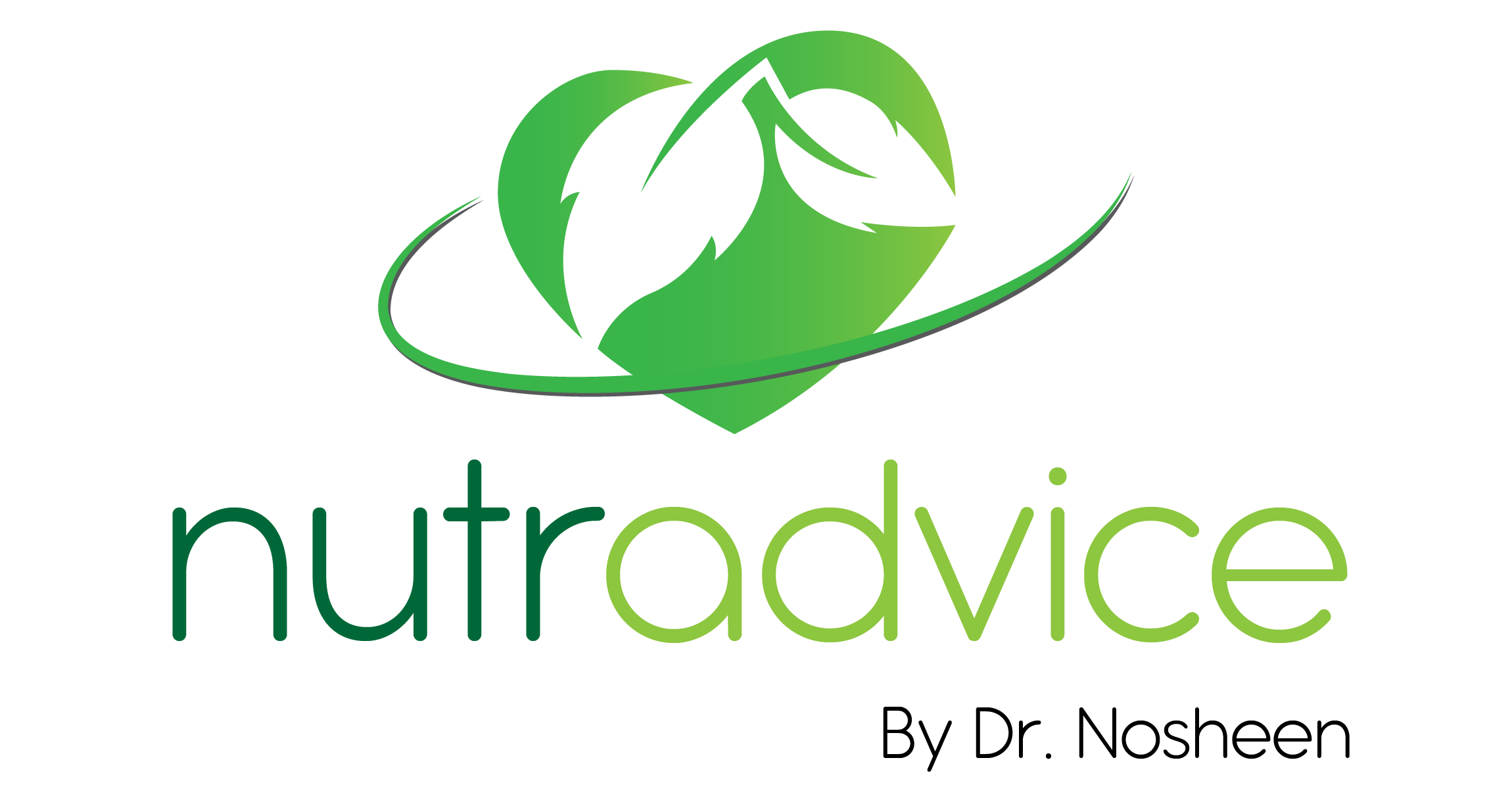Polycystic Ovary Syndrome, or PCOS
- Home
- Acute & Long Term Care
Knowing the Causes, Signs, and Treatments of PCOS
A prevalent hormonal condition that affects women with ovaries, usually in their reproductive years, is called polycystic ovarian syndrome, or PCOS. One of the leading causes of infertility and metabolic disorders, PCOS is thought to affect up to 10% of women globally. People can manage PCOS more skillfully and enhance their general well-being by being aware of its causes, symptoms, and management techniques.
What is PCOS?
Ovarian cyst growth, high levels of androgen (male hormone), and irregular menstrual periods are all symptoms of PCOS, a hormonal condition that affects the ovaries. Reproductive health, weight control, and metabolism can all be impacted by these hormonal abnormalities.
PCOS is diagnosed based on three main criteria:
Irregular or Absent Periods: People with PCOS frequently have irregular menstrual cycles or extensive intervals between periods as a result of their inability to ovulate.
Excess Androgen Levels: Male-pattern baldness, excessive hair growth (hirsutism), and acne are all signs of elevated male hormones.
Ovaries that are polycystic may produce a large number of tiny follicles, or fluid-filled sacs, that are unable to grow and release eggs.

Typical Issues Linked to PCOS
Numerous health problems can result from PCOS, such as:
Infertility
It is challenging to conceive when ovulation is irregular.
1
Weight Gain and Obesity
Because of insulin resistance, many PCOS patients have trouble controlling their weight. Skin problems include black spots (acanthosis nigricans), greasy skin, and acne.
2
Emotional and Mental Health Issues
PCOS is related to an elevated risk of anxiety, depression, and mood swings.
1
Long-Term Health Risks
Because PCOS causes chronic hormone abnormalities, it increases the risk of heart disease, endometrial cancer, and type 2 diabetes.
2
What Causes PCOS?
Although its precise aetiology is uncertain, PCOS is caused by a number of factors:
Insulin Resistance
Insulin resistance refers to the ineffective use of insulin by the bodies of many people with PCOS. Higher insulin levels may result from this, which would raise the production of androgen.
Genetics
PCOS has a hereditary component because it frequently runs in families.
Hormonal Imbalances
Excessive amounts of luteinizing hormone (LH) and androgens interfere with normal ovarian function, causing irregular periods and trouble ovulating.
Inflammation
By encouraging the ovaries to create an overabundance of androgens, chronic low-grade inflammation may also contribute to PCOS.
How Is PCOS Handled?
Although PCOS cannot be cured, there are a number of lifestyle changes and medicines that can help control symptoms and enhance the characteristics of life.
1.A nutritious diet
Hormone balance and insulin sensitivity can both be greatly enhanced by a balanced diet. Think about:
- Consuming a diet high in vegetables, lean meats, and nutritious grains with a low glycemic index (GI).
- Cutting back on sugar, refined carbs, and processed foods.
- Include foods that reduce inflammation, such as almonds, berries, and fatty fish.
2. Regular Exercise
Exercise aids in weight management and insulin regulation. Exercises like resistance training and strength training can increase metabolism and muscle mass.
- Walking, running, and cycling are examples of cardio exercises that can improve heart health.
- Meditation and yoga may help lower stress levels, which can exacerbate PCOS symptoms.
3. Medical Treatments
Depending on each patient’s symptoms, medical professionals might advise:
• Birth control pills: These aid in controlling testosterone levels and menstrual periods.
• Metformin: A drug that controls blood sugar levels and enhances insulin sensitivity.
Fertility Treatments: Drugs like Clomid or IVF may be recommended if conception is the aim.
4.Stress Management
Practising mindfulness, pursuing hobbies, or professional therapy can help to improve hormone imbalances caused by persistent stress.
5. Herbal and Natural Remedies
Some people find relief with herbal supplements such as vitamin D (which supports hormone regulation), inositol (which improves insulin sensitivity), and spearmint tea (which reduces androgens). Always get medical advice before attempting any new supplements, though.
Conclusion
It may be challenging to have PCOS, but with the right amount of knowledge and lifestyle choices, it can be managed. If you think you have PCOS or are experiencing symptoms, speak with a healthcare professional for a customized plan. People with PCOS can lead a healthy and fulfilling life by making mindful dietary choices, staying active, and managing stress.

